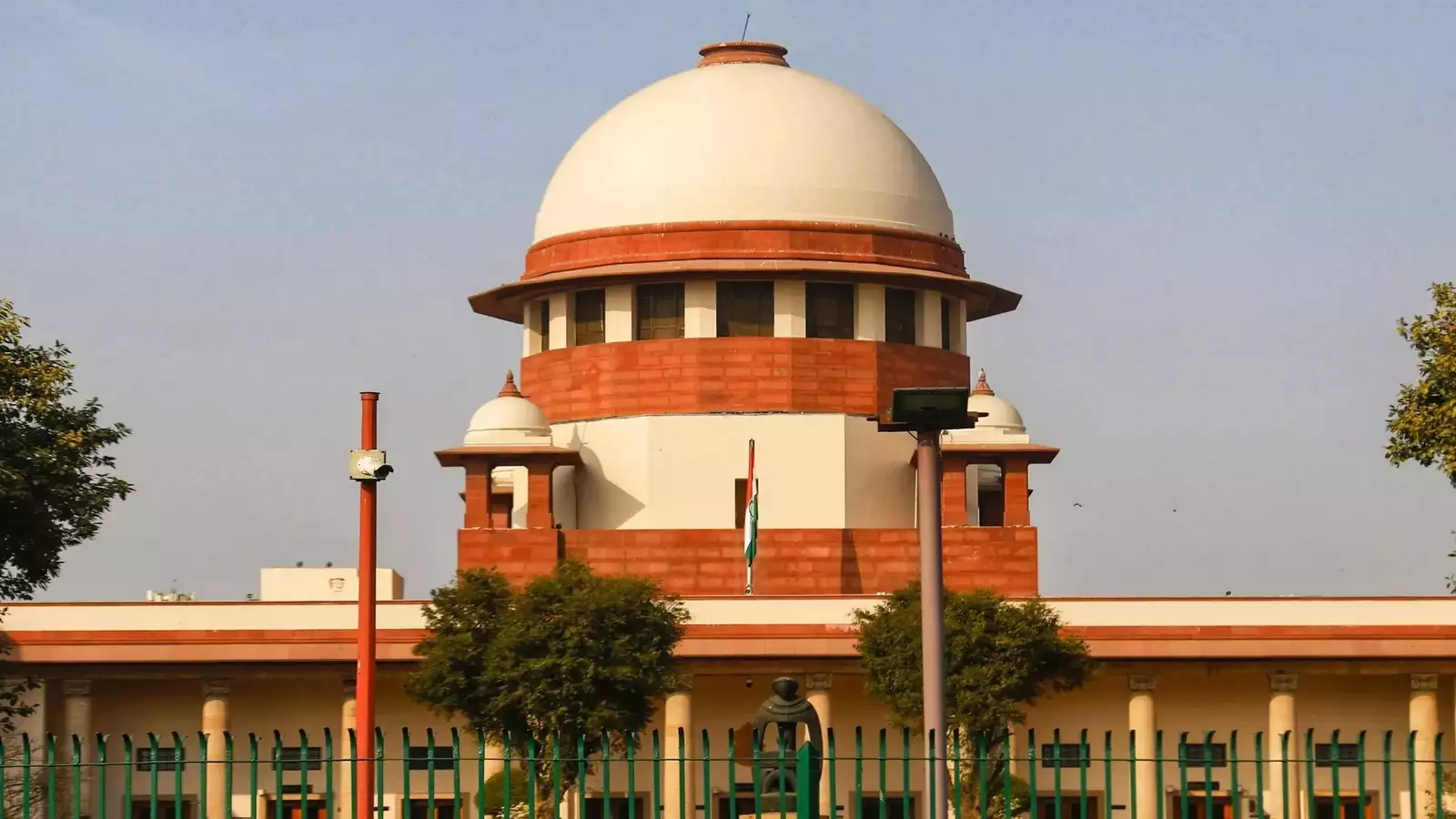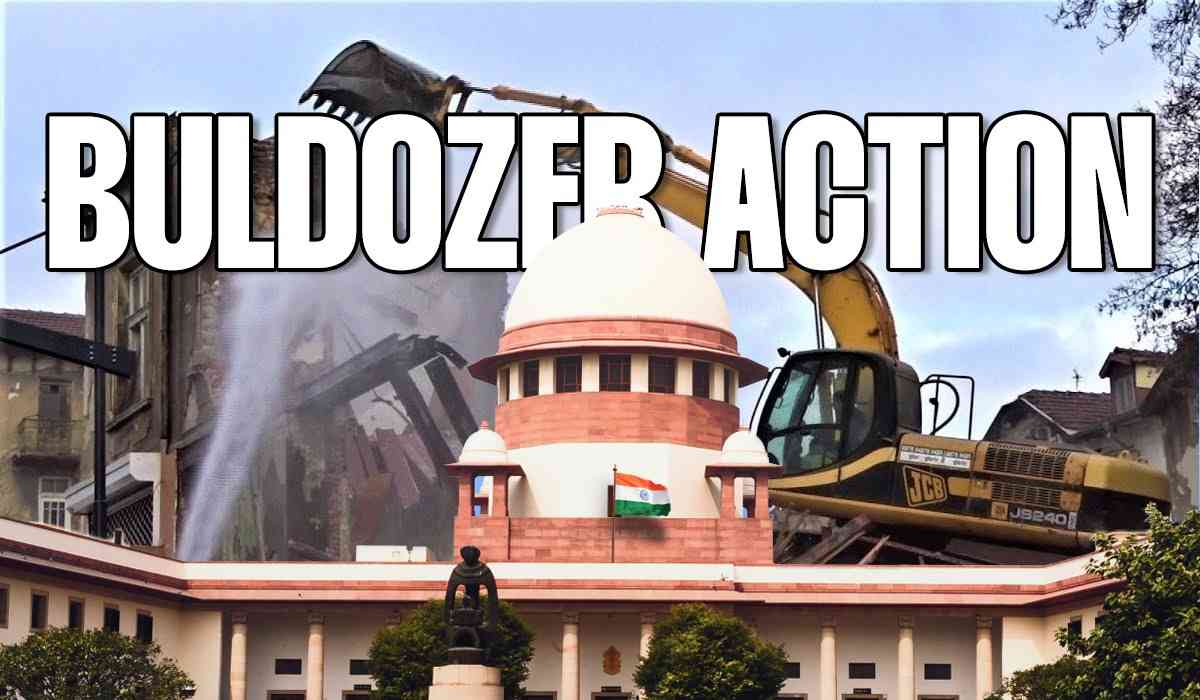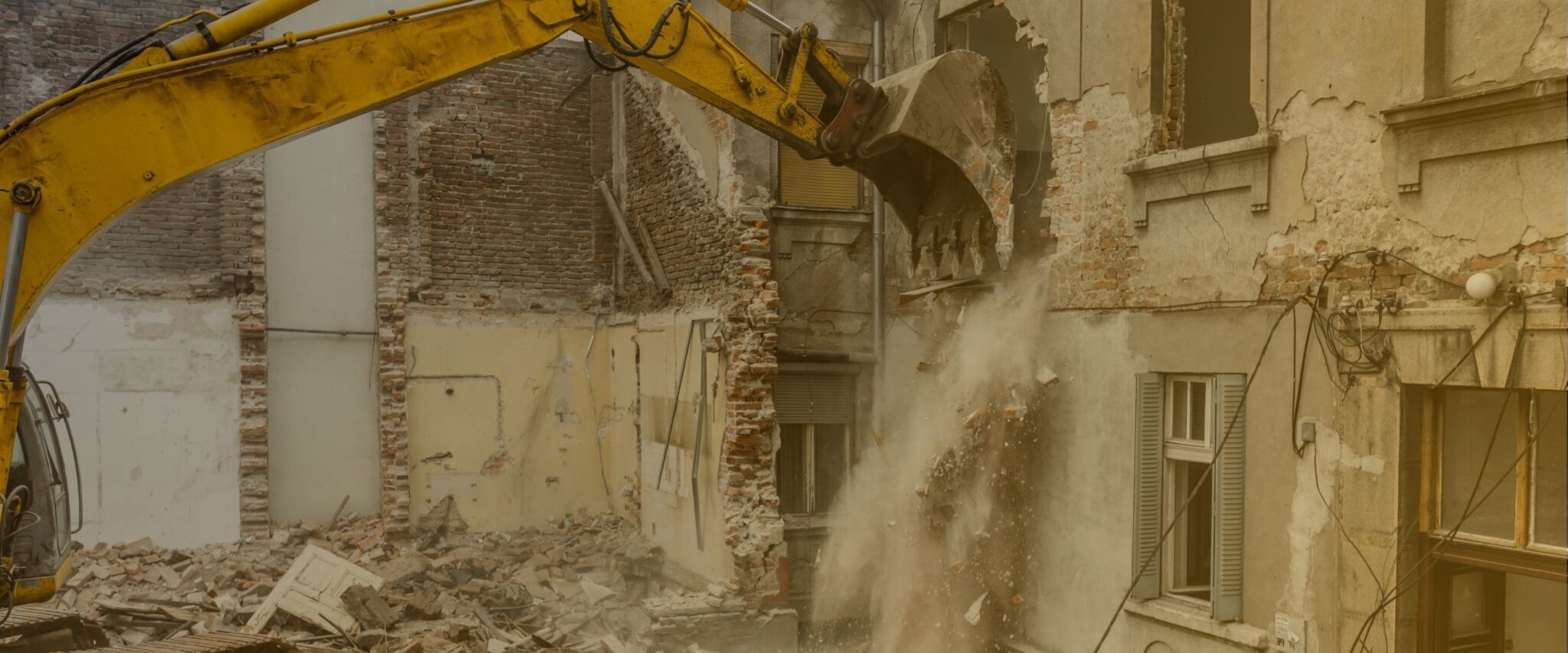The Indian Supreme Court issued a landmark ruling on the contentious practice of "bulldozer justice," one which concentrates on the observance of the legal procedures before any demolition efforts are done against the properties. This particular ruling comes at a time of increasing alarm that has been voiced about arbitrary demolitions, especially directed towards the vulnerable communities based on accusations rather than due process.
Immediate Mandates of the Supreme Court
In its judgment dated November 13, 2024, the Supreme Court has made some basic directives about demolition actions:
15-Day Notice to be Provided: The notice of at least 15 days must be served on any owner before demolishing. The notice should be served by registered post and also posted on the premises concerned.
Detailed Notice Requirements: There must be a clear definition of the unauthorized construction, specific violations, and reasons for demolition.
Video Recording of the Demolition: All the demolition activities must be videotaped to uphold transparency and personal accountability.
- Mandatory 15-Day Notice: Property owners must receive a notice at least 15 days prior to any demolition. This notice should be sent via registered post and also affixed to the property in question.
- Detailed Notification Requirements: The notice must clearly outline the nature of the unauthorized construction, specific violations, and grounds for demolition.
- Videography of Demolition: All demolition activities must be recorded on video to ensure transparency and accountability.
- Accountability for Officials: Public officials involved in unlawful demolitions will be held personally accountable for restitution and damages, reinforcing the principle that no one should face punitive action without due process.
- Online Portal for Transparency: The court has mandated the establishment of an online portal where all notices related to demolitions will be published, allowing for public awareness and scrutiny.
- Personal Hearing Rights: Affected property owners will have the right to a personal hearing before any demolition action is finalized, ensuring their voices are heard.
Context and Implications
The decision addressed concerns on "bulldozer justice," referring to the penchant of authorities to tear down properties belonging to persons accused or found guilty of crimes. It pointed out that such action violates constitutional rights as well as the principle of separation of powers, since only the judiciary can declare an accused guilty or not.
Holding that arbitrary demolition can be said to go against the principle of law in itself and, ipso facto, leads to lawlessness, the two-judge bench comprising Justices B R Gavai and K V Vishwanathan observed that public safety is of paramount importance but cannot be at the cost of individual rights.
This has been a crucial judgment by the Supreme Court to ensure safety for civil liberties and that the demolitions in India would be fair and according to law. It particularly focuses on the rights of the marginalized communities, which were the prime victims of such activities.

End Note
The Supreme Court ruling marks a crucial moment in the profile of India's judiciary. From the described muting of citizenry rights to unreasonable state powers, the approach seems to change. More moves to demolish people's houses by authorities as a form of punishment put the forefront of due process ahead of all other administrative legalities. To that extent, justice cannot be meted out through.
With inputs from agencies
Image Source: Multiple agencies
© Copyright 2024. All Rights Reserved Powered by Vygr Media.






















